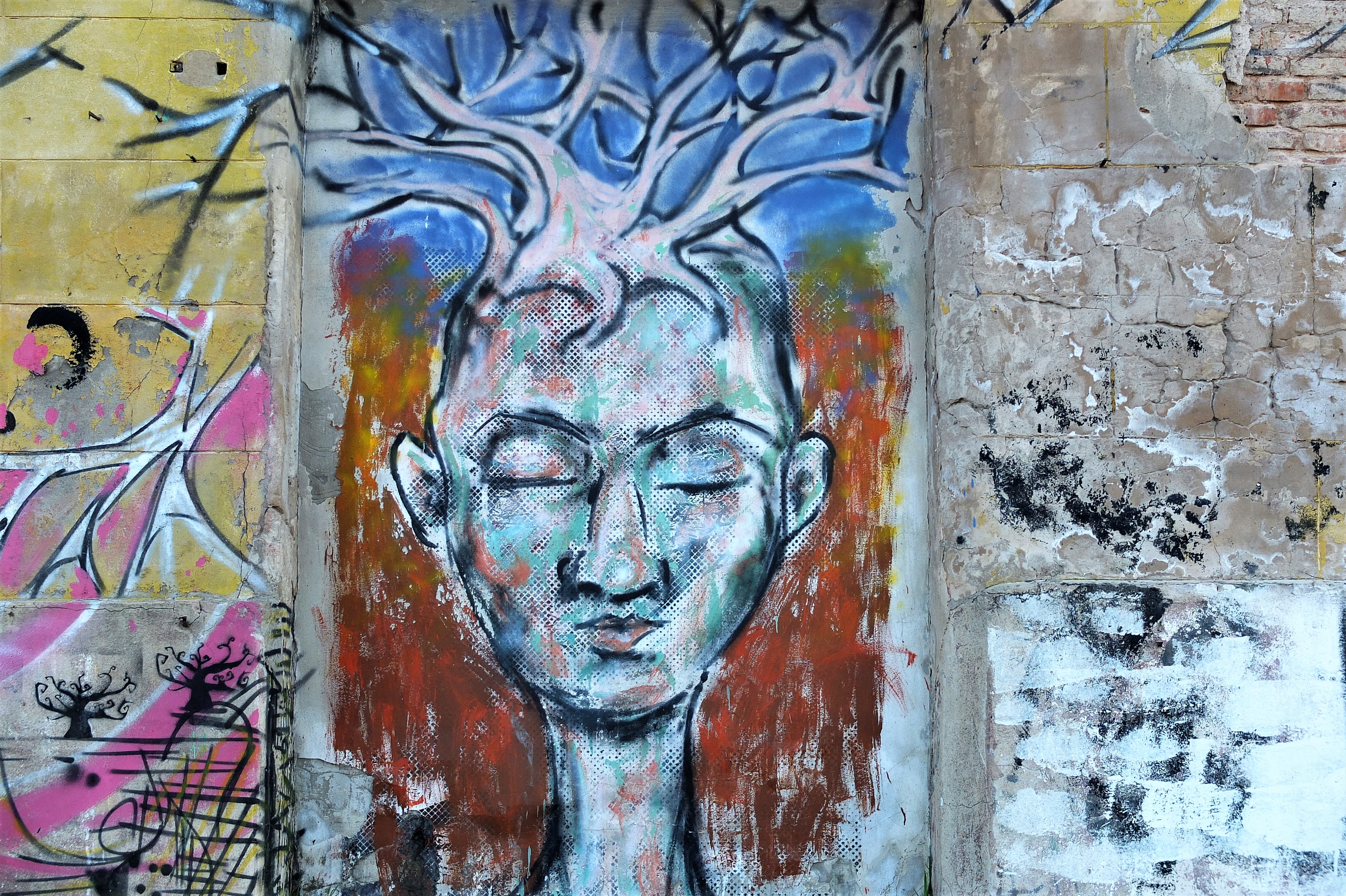Verso la libertà: questioni aperte
DOI:
https://doi.org/10.54103/balthazar/20329Parole chiave:
wilderness, journey, XIXth century literature, rebellionAbstract
La letteratura e il cinema contemporanei hanno mostrato negli ultimi anni la ripresa di una tematica cara al Romanticismo: il viaggio verso “le terre selvagge” come fuga da un’esistenza alienata, da una vita conformista, da una società di individui indifferenziati. Il lavoro presenta l’analisi di questa tematica, già presente in autori come Goethe e gli esploratori del Settecento, in quattro opere letterarie di grande successo. Innanzitutto, Eroi della frontiera di Dave Eggers. Il concetto centrale dell’opera è la “rottura”, simbolicamente presente in ogni passaggio del romanzo e legata all’idea di libertà e fuga. Il secondo romanzo analizzato è il celebre Nelle terre estreme (Into the Wild) di Krakauer, meglio conosciuto per l’adattamento cinematografico di Penn Into the Wild (2007). Il tema centrale affrontato nella nostra analisi sarà in questo caso l’abbandono, declinato in vari modi da Chris, il protagonista: abbandono degli affetti, abbandono degli averi, abbandono di se stessi ai ritmi della natura. La terza opera analizzata è Destinazione America di Gary Shteyngart, nel quale riprendiamo ed esponiamo quella “saggezza del fare”, del costruire, che viene già introdotta nel romanzo di Krakauer. Infine, l’accettazione della spietata verità e della “sublime banalità dell’esistenza” che si rivela alla fine del viaggio, e che, anche questa, è presente in tutti gli autori citati, è al centro dell’ultimo romanzo, Butcher’s crossing di John Williams. Sullo sfondo del nostro lavoro si trova, come non potrebbe essere altrimenti, Thoreau, il quale offrirà i concetti attraverso i quali analizzare le tematiche affrontate dai diversi autori considerati e con il quale ognuno di essi, in un modo o nell’altro, fa i conti.





